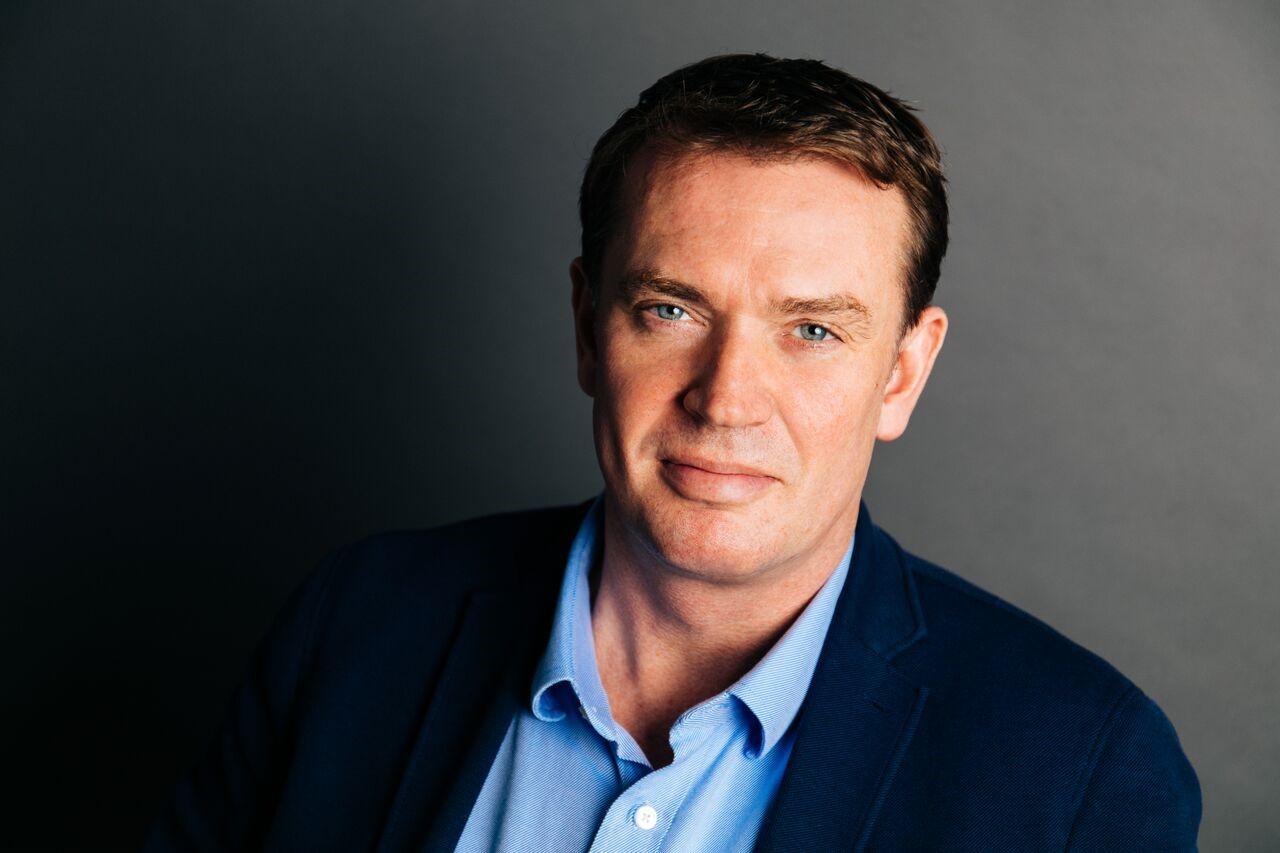Back in 2008, Ben Dear was struggling to find investment solutions for his own private capital. Frustrated by a lack of sustainable investment approaches that captured alpha in a pragmatic way, he thought he could do better.
A year later, Osmosis Investment Management was born. What he didn’t realise at the time was that he was on the cusp of revolution, with a niche group of institutional and retail investors all experiencing the same frustrations.
“I had watched the Al Gore movie, The Inconvenient Truth, and thought I had to do something, I had to deploy my own capital,” Dear explains. “I just couldn’t find anything, so I decided to set up my firm and focus on two core aspects – delivering better risk adjusted returns than the market and delivering some form of sustainable benefit.”
Of course, most people despairing at a lack of suitable investment options don’t go off and set up their own fund firm, but Dear was luckier than most, having sold two businesses prior to the onset of the global financial crisis, a tech firm in which he was a partner called Cresta and a headhunting business called Mantis.
A decade on, and environmental, social and governance-based investing has become big business. Osmosis, like many fund firms has been a beneficiary, although it doesn’t focus on the social or the governance elements.
It has also distinguished itself from competitors as a long-only, quant specialist with a focus on the environmental aspect. In its first 10 years of operation, it saw its assets under management grow to $1.4bn (£1.1bn) by the end of November 2018.
While other boutiques may be able to show similar asset growth, they can’t all boast as impressive a client base. Osmosis has managed to attract major institutional mandates from government pension funds, state pension funds, insurance companies, foundations, endowments and family offices from around the world. So convinced are clients in the approach that some even took a share in the business, in the case of the Oxford University endowment.
“The investment thesis is very simple,” explains Dear. “People getting richer is a good thing, but it obviously isn’t a good thing if you cannot breathe the air or drink the water.”
Osmosis currently offers nine funds and strategies. These include the More World Resource Efficiency Fund, The More World Resource Efficiency Smart Beta Fund, The More World Resource Efficiency Low Volatility Fund, the More World ex-US Strategy, the More Europe Strategy and a new Sustainable Market Neutral Fund.
The quality of data that underpins fund managers’ ESG approaches has been an increasing area of discussion for fund selectors investigating investment processes. Dear, like many, was unsure of the quality of such market data sets and took the decision to exclude the social and governance element of his firm’s investment process.
“We dropped the ‘S’ and the ‘G’ from the investment process,” he says. “It’s just the quality of the data and the interpretation of the data… Because it is subjective, we don’t believe it can be objectively put into a systematic investment process.”
Dear’s concerns are that mass data sets without standardised metrics could leave analysts overwhelmed and with no way to credibly filter information.
“From an investment perspective, having access to a set of unstandardized data can create an information arbitrage,” he warns.
More broadly, Dear has concerns about the consistency of data sets that are being used by many fund firms in the industry. He worries that asset managers are simply buying in data from external data vendors without verifying, refining or filtering this information themselves.
“This creates confusion in the market,” he says. “The industry is busy at the moment, with many different, large, data vendors, all with their own research processes. Often, these are reasonably subjective and can lead to consistent outcomes.
“If the data companies can’t agree on a definition of what is good, then how can those who using those data, to utilise that within portfolio construction, be able to take an informed view?”








